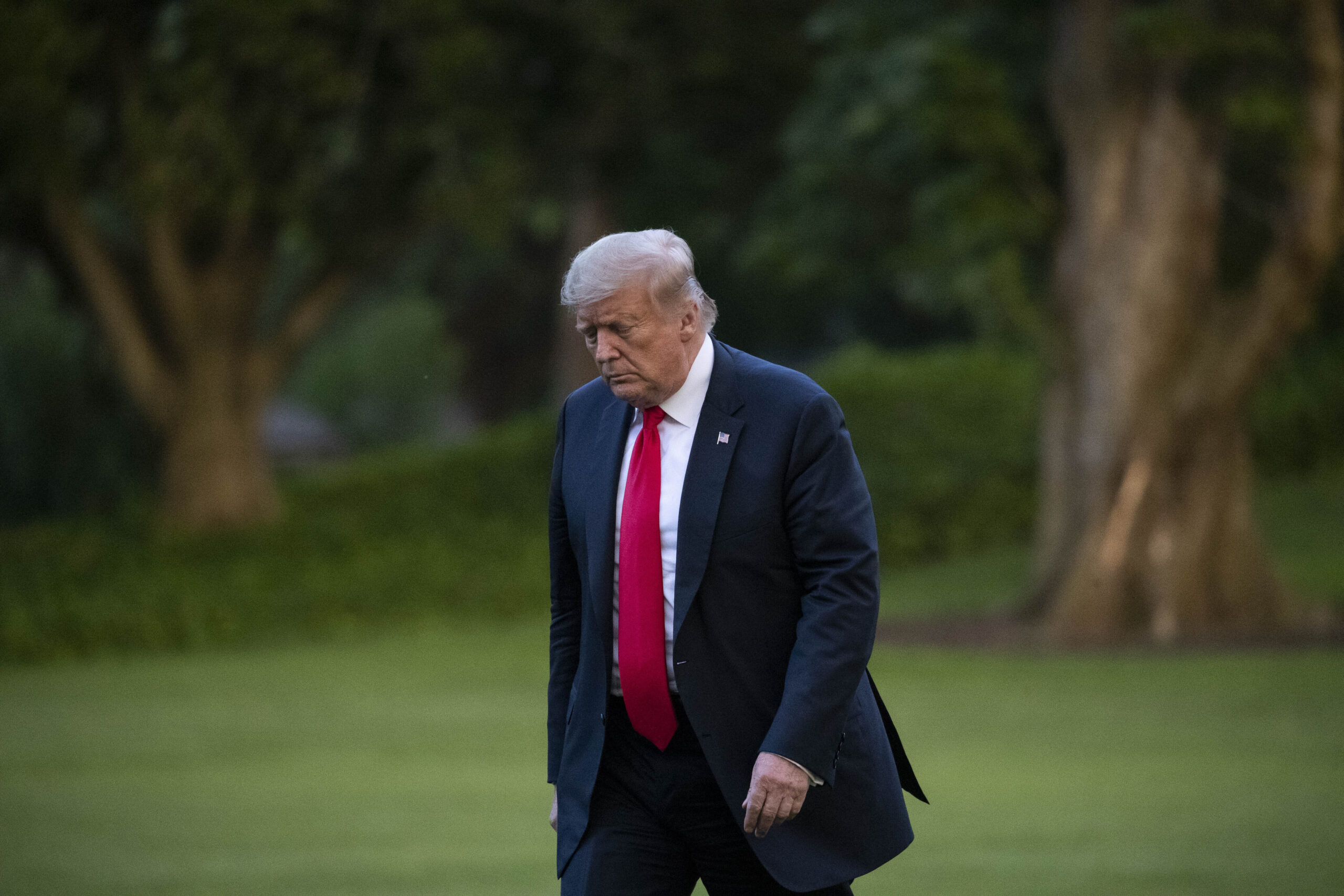Reporters Committee urges court to reject request to block book by President Trump’s niece

Update (July 1, 2020): On July 1, a New York appellate court vacated the restraining order against Simon & Schuster.
The Reporters Committee is urging a New York state court to reject an unconstitutional attempt by President Trump’s brother to block the publication and distribution of a book written by the president’s niece.
President Trump’s brother, Robert S. Trump, is trying to stop the president’s and Robert Trump’s niece, Mary Trump, and her publisher from publishing “Too Much and Never Enough: How My Family Created the World’s Most Dangerous Man,” a book slated to be published in July. According to the publisher’s description, the book is a “revelatory, authoritative portrait of Donald J. Trump and the toxic family that made him.”
Robert Trump claims that Mary Trump’s book violates a 19-year-old confidentiality agreement that was signed by members of the Trump family after a legal dispute over the will of the late Fred Trump Sr. On Tuesday, a New York state trial court granted Robert Trump’s request for a preliminary injunction against Mary Trump and her publisher, Simon & Schuster, temporarily blocking the book’s publication.
In a friend-of-the-court brief filed with the trial court Tuesday night, the Reporters Committee, the Association of American Publishers and PEN America argue that the First Amendment protects the dissemination of speech from prior restraint, especially speech of significant public interest about government officials.
“There can be no question that the Book’s subject matter is of immense public interest,” the Reporters Committee’s brief states. “[I]t is a first-hand account of the man who now holds the highest elected office in the United States government, from the perspective of a member of his own family.”
Nearly 50 years ago, the Supreme Court rejected a Nixon administration lawsuit seeking to prevent The New York Times and The Washington Post from publishing the “Pentagon Papers,” a massive trove of documents detailing U.S. military involvement in Vietnam. The Supreme Court’s decision in New York Times Co. v. United States paved the way for the Times and the Washington Post to publish the documents — and it set an important precedent for future prior restraint cases such as the one involving Mary Trump’s book.
In addition to arguing that the requested injunction is unconstitutional, the Reporters Committee’s brief argues that the confidentiality clause at issue in the case is unenforceable. It also emphasizes how confidentiality clauses in settlement agreements can slow or prevent the public from learning important information about public health, public safety and public affairs — and even chill the willingness of whistleblowers to report serious issues of public harm to the news media.
“Imbuing a 19-year-old, exceedingly vague contractual provision with the power to either block the publication of a book or punish the author would constrain public discourse to an extreme and unacceptable degree,” the Reporters Committee states in the brief.
Robert Trump’s effort to block his niece’s book comes about two weeks after the federal government similarly attempted to prevent John Bolton from publishing a memoir about his time working as national security advisor for the Trump Administration. In that case, the Reporters Committee submitted a friend-of-the-court brief to the U.S. District Court for the District of Columbia, arguing that the Justice Department’s request for a restraining order to bar the publication and dissemination of Bolton’s book amounted to an unconstitutional prior restraint.
On June 20, a federal judge denied the government’s request.
Read the full Reporters Committee brief.
The Reporters Committee regularly files friend-of-the-court briefs and its attorneys represent journalists and news organizations pro bono in court cases that involve First Amendment freedoms, the newsgathering rights of journalists and access to public information. Stay up-to-date on our work by signing up for our monthly newsletter and following us on Twitter or Instagram.
AP photo by Alex Brandon